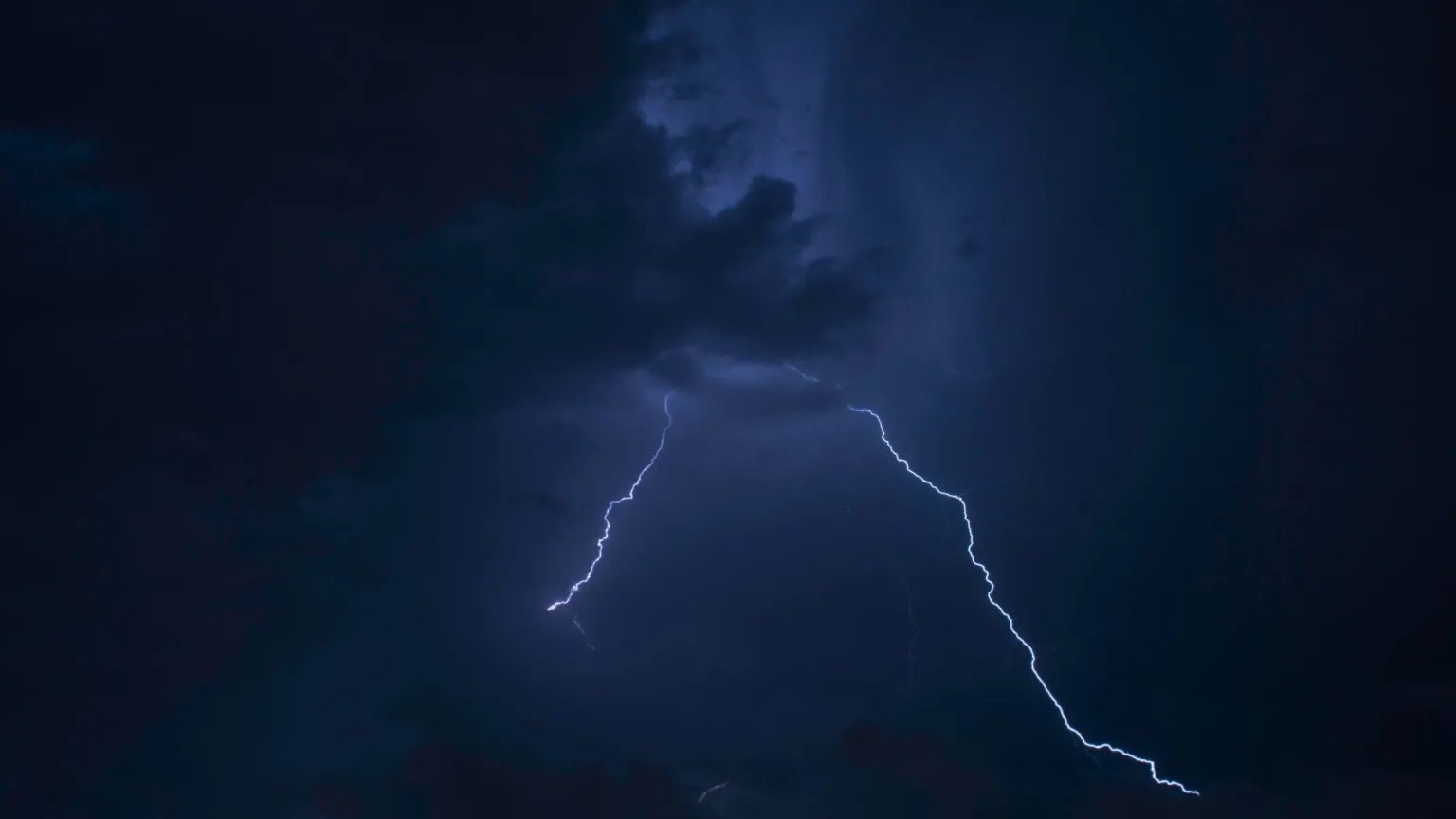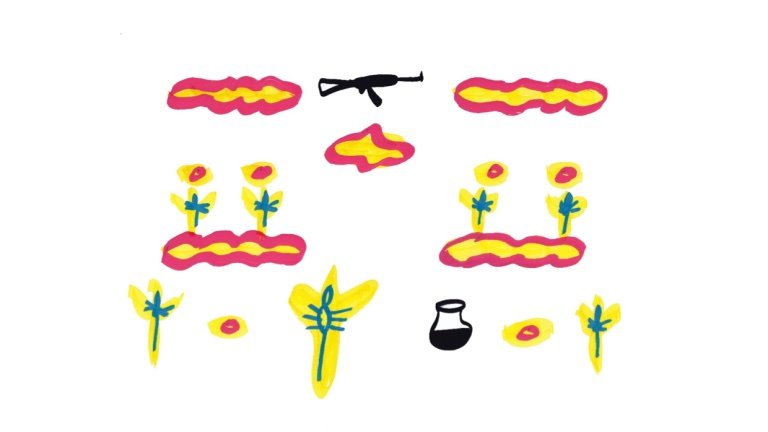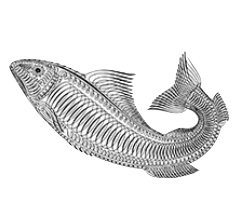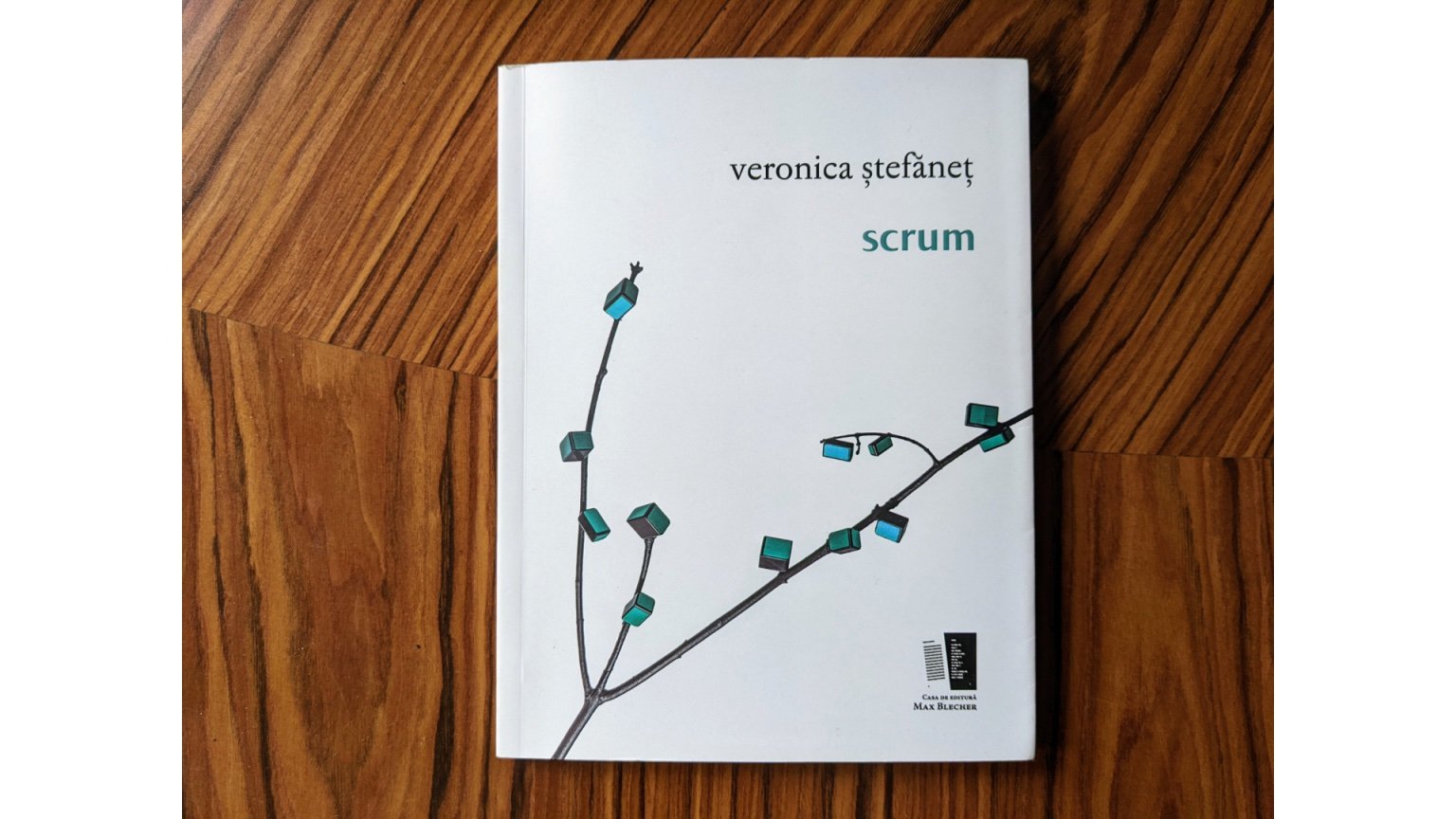Tomorrow by Julia Rendón Abrahamson, tr. by Madeleine Arenivar
By Julia Rendón Abrahamson, tr. by Madeleine Arenivar
Usually, at 9:00 more or less I’m in the shower. First I turn on the hot water and fill the bathroom with steam, even though, at that hour, the sun is beating down outside.
Ashes By Arturo Cisneros Poireth, tr. Diana Sánchez Rivera
By Arturo Cisneros Poireth, tr. Diana Sánchez Rivera
When I woke up, the pillow was soaked in black. It was sweat, and it was black. I went to the bathroom, and in the mirror, I saw a dark stain on my ear, like a dried thread of blood, but it wasn’t blood. Ashes were coming out of my ear. I scratched with my pinky finger, trying to clean it with my nail, which came out blackened.
Four poems by Kim Simonsen, Translated by Randi Ward
By Kim Simonsen, T. Randi Ward
This morning the ocean has again tossed man-sized
black boulders up onto the shelves of rock along the shore.
2024 Online Translation Contest Winner: Mériéma
By Isabelle Eberhardt, translated by Donald Mason
A low sky, opaque, incandescent; a dull, rayless, burning sun. On the dust about, covering everything, and on the white and grey fronts of the houses, the blinding heat, unrelenting, reverberates, seeming to emanate from some interior hearth hidden within the earth. Along the angled crests of the hills, kindled with dryness, some low flames lie darkly brooding—the reddish-coloured smoke amassing behind the mountains about Figuig.
From Thirty Pages
By Avot Yeshurun, translated by Dan Alter
A day will come no-one reads my mother's letters.
A pile I have of them.
Not from a her
No word.
The Garden of the Five Trees
By Salvador Espiru, translated by Andrew Kaufman and Antonio Cortijo Ocana
After, when it had already
caused me much harm and
I could do almost nothing but smile,
I chose the simplest
words, to tell myself
Two Poems by Aura Christi
By Aura Christi, translated by Gabi Reigh
There’s nothing to be done.
The sun swallows the room where I write -
The pleasant tomb of before, tomorrow, after.
A white vulture splits the window
And its wax shadow tips
The whole house skywards.
Three Poems by Yuri Andrukhovych
By Yuri Andrukhovych, translated by Ostap Kin and John Hennessy
Dr. Dutka, who knew nineteen languages
(and with dialects, spoke twenty-four),
reflected the entire world, like an ancient mirror,
and sued his grandchildren for apartment space.
60 for 60: Numen
By Matthew Gonzalez
I was at a loss for words when I first read Gonzalo Rojas’s “Numen.” I couldn’t find any solid ground in the distance between the images he uses. After a dive into the body of Spanish-language criticism of Rojas, it’s my position that to evade meaning is the meaning of “Numen.”
On Translating the World’s First Author: A Conversation with Sophus Helle
“What would the history of literature look like if it began, not with Homer and his war-hungry heroes, but with a woman from ancient Iraq, who sang her hymns to […]
From the Archives: Whose coat is that jacket? Whose hat is that cap?
The woman, in order to have sex with her husband, had to write it all out after it happened. When they were young, before the kids, and they had sex […]
The Winners of the 2022 Spring Contest
Columbia Journal is excited to announce the winners and finalists of our 2022 Spring Contest, which was judged by Garielle Lutz, Aaron Coleman, Colleen Kinder, and Natasha Rao. We want to thank everyone who entered the contest for sharing their work with us, as well as our four wonderful judges, and express our congratulations to the winners and finalists.
A Body
We found a body in the bathroom. It wasn’t wearing any underwear, it wasn’t wearing any clothing at all. The body was wet, face down; its arm was twisted, with the palm of its hand toward the ceiling. We could hear the shower running from the moment we entered the bedroom, or maybe even before that, from the moment we opened the apartment door using the key the building super kept on hand for emergencies. Maybe that body was in the habit of showering with the door open. Maybe it didn’t manage to close the door, or it wanted to leave the water running while walking around naked. Who knows. Here I could skip to the part where later in the hospital they told us that the body had high blood pressure, that it had suffered a heart attack, which could have been avoided if it had taken care of itself. But some memories surfaced between the bathroom and the hospital that I don’t want to gloss over.
Seven Poems by Chen Xianfa
From the window of a prison in another province,
a view of autumn clouds.
My interviews did not go well. Some prisoners spoke
obscure dialects, languages from a different planet.
The Most Beautiful Animal in the World
I already know what I’ll do. If Cedil doesn’t come back by the end of the year, I’ll go to my grandmother’s sitio. I’ll get a heifer, raise its calves, and ride around on my horse. Each day there’ll be plenty to do, and that’s better than hanging around here like a fool, dreaming about the island the rest of my life, remembering the games we used to play there, the things Cedil and Tenisão said, even the times we were terrified, like the day the raft almost sank with the three of us on it.
3 Poems by 이제니 Lee Jenny
In the end, it’s only the fluttering sound of falling leaves. Starting today, I’ll stop feeling remorseful. Starting today, I’ll stop feeling remorseful about my remorse.
Five Poems from “Journal of a Laborer”
June 24th. —The architect came back. I think of his blueprints. One afternoon I read through the boss’s copy: a true book. Everything is there.
Two Poems from Scrum
you grab the end of your girlfriend’s scarf and quickly sniff it
when she’s not at the table
I pick off the strands of hair caught on her coat when we go out
Three Poems by Adela Zamudio
The fiery rays of the summer sun
are scorching the earth.
The withered prairie, in its slow death throes,

















































